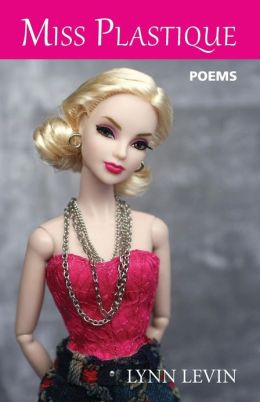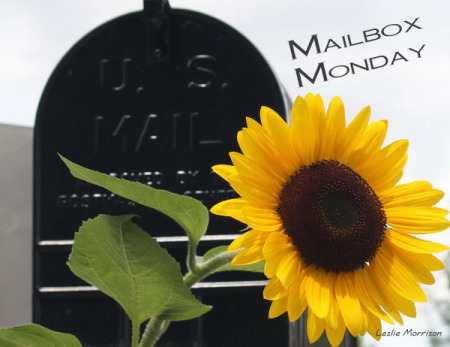
It now has it’s own blog where book bloggers can link up their own mailbox posts and share which books they bought or which they received for review from publishers, authors, and more.
Leslie, Martha, and I also will share our picks from everyone’s links in the new feature Books that Caught Our Eye. We hope you’ll join us.
Here’s what we received:
Eunice and Kate by Mariana Llanos, illustrated by Elena Napoli from Penny Candy Books.
The girls live with their moms next door to each other in the heart of the city and have a lot in common―even though they have different dreams for the future: Kate wants to be an astronaut and Eunice wants to be a ballet dancer. But when they draw portraits of each other in art class, things get mixed up. Eunice draws Kate as a ballet dancer and Kate draws Eunice as an astronaut, and they both get more than a little annoyed. Can their friendship survive? With a little help from their moms, the girls come to learn the value of respecting each other’s different dreams. Eunice and Kate is a heartfelt new book by Mariana Llanos, illustrated by Elena Napoli, about how honoring our differences can strengthen our bonds.
Luca’s Bridge by Mariana Llanos, illustrated by Anna Lopez Real from Penny Candy Books.
Together in their car, Luca, his brother Paco, and their parents head across the border to Mexico where his parents were born. Luca doesn’t understand why he must leave the only home he’s ever known, his friends, and his school. He struggles through lonely and disorienting times―reflected both in Real’s delicate, symbolic illustrations and through Llanos’ description of his dreams―and leans on music, memory, and familial love for support. Luca’s Bridge / El puente de Luca is a story for everyone about immigration, deportation, home, and identity.
Trini’s Big Leap by Alexander de Wit and Beth Kephart, illustrated by William Sulit from Penny Candy Books.
She easily masters any gymnastic move her teachers show her, and always says, “I can do that.” But when she tries to construct buildings out of blocks like her friends do, she discovers that some things don’t come as easily for her. Through the encouragement of her friends, Trini learns the value of collaboration and trying new things, even when they aren’t so easy. An afterword by the founder and CEO of The Little Gym Europe, outlines why it’s important to encourage children to try new and difficult things.
The Yellow Suitcase by Meera Sriram, illustrated by Meera Sethi from Penny Candy Books.
When they arrive at her grandmother’s house, it’s filled with strangers―and no Grandma. Asha’s grief and anger are compounded by the empty yellow suitcase usually reserved for gifts to and from Grandma, but when she discovers a gift left behind just for her, Asha realizes that the memory of her grandmother will live on inside her, no matter where she lives.
Henry the Boy by Molly Felder, illustrated by Nate Christopherson and Tara Sweeney from Penny Candy Books.
This is not a story about a heron or a robot or a chicken but an ordinary boy with daily struggles, triumphs, and an extraordinary imagination. Henry uses forearm crutches decorated with animal stickers. He sometimes feels out of place at school, especially when he gets made fun of, but through his own rich imagination and his friendship with Joel, Henry learns to define himself on his own terms.
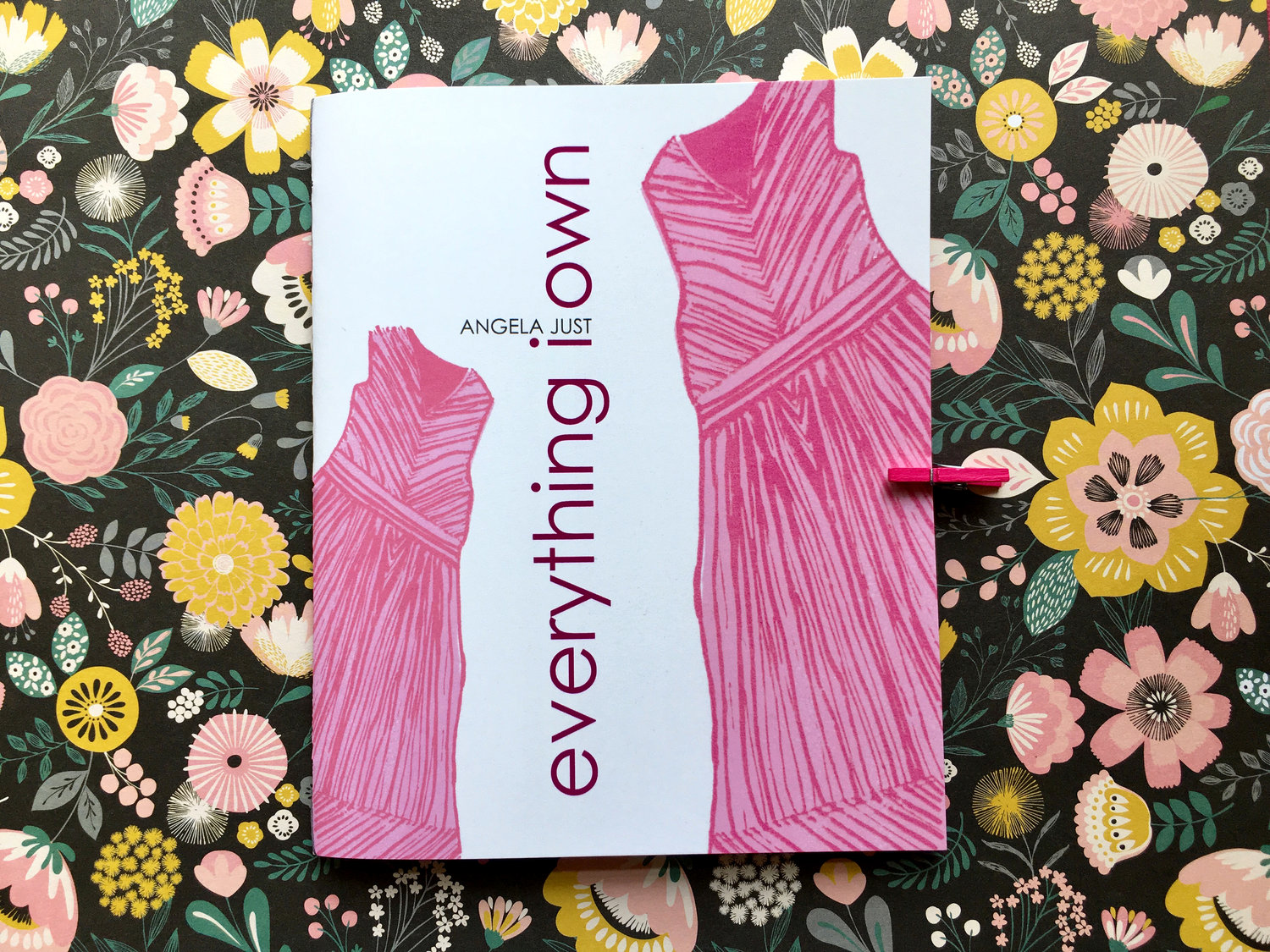
These poems are about storytelling, things handed down and examined, from the gifts a mother might give to her daughter to the embrace of two Neolithic skeletons. This micro is intimate and brave—a little wicked, a bit bruised. Ultimately, Just’s poems are darn intriguing.
Sap Rising by Christine Lincoln, which I purchased.
In this spare and mesmerizing debut, Christine Lincoln takes us inside the hearts and minds of African Americans whose lives unfold against a vividly evoked rural community. As they navigate between old and new, between youth and responsibility, they find themselves choosing between the comforts of what they trust without question and the fearsome excitements of what they might come to know.
One young man’s world is both expanded and contracted by stories he hears from a beautiful stranger. Another stumbles across his mother having an affair with his uncle. An intense friendship forms between one woman afraid she will turn out like everyone else and one afraid she won’t. Lincoln’s down-to-earth voice, saturated with the manner and details of the South, brings her characters to life with a remarkably light touch and an extraordinary depth of emotion. In Sap Rising, she proves herself one of those writers whose work transcends its own rich particularity to speak with clarity to the most fundamental elements of the human experience.
What did you receive?







 About the Author:
About the Author:





 About the Author:
About the Author:

 2. Pain, Parties, Work by Elizabeth Winder for
2. Pain, Parties, Work by Elizabeth Winder for 
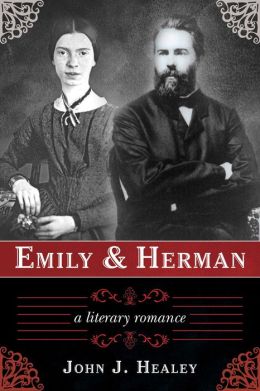
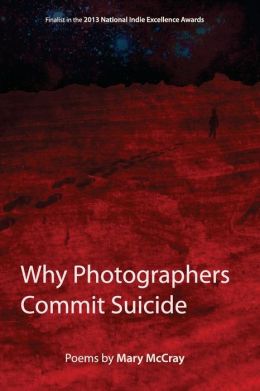
 7. The Fact of the Matter by Sally Keith, which I purchased from
7. The Fact of the Matter by Sally Keith, which I purchased from 